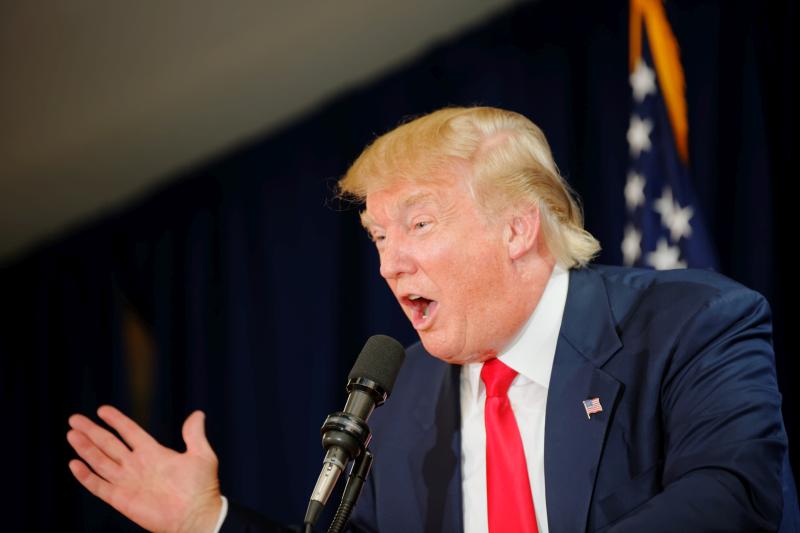
The US has opposed a deal between the UK and EU to split agricultural import quotas, one of Theresa May’s key plans for a fluid Brexit.
Seven countries led by the US, including Canada, Argentina, Brazil and New Zealand signed a letter to the EU objecting to a plan to split agricultural tariff rate quotas, or TRQs.
There is now a general consensus between UK and EU that TRQs should be divided based on historical imports and consumption.
The news is a setback for Mrs May, who presented the deal as a breakthrough for a successful Brexit, particularly as US President Donald Trump was an advocate of Britain leaving the EU.
“We cannot accept such an agreement,” the letter stated. The seven countries are displeased that they had not been consulted on the negotiations.
“These TRQs were achieved through a delicate balance of concessions and entitlements that is fundamental to the global trade architecture today.”
It goes on to stress that no calculation of Britain’s tariff-rate quotas could be agreed at the WTO “without our agreement.”
The letter suggests that Britain and the EU could not just negotiate with each other, and that they might need to redo the entire system of import tariffs.
During the week of October 16, dubbed 'agriculture week' because of trade negotiations, the UK and EU will conclude their plan to other WTO members.
Among the UK’s plans is to ask that its new agricultural quotas schedule be established using a method called “technical rectification”, which would avoid having to secure approval from other WTO members.
“We still believe that technical rectification remains the most appropriate procedure for introducing UK schedules into the WTO,” the UK trade department spokesman told The Financial Times, adding that Britain was “committed to working constructively and openly with our international partners throughout the process.”
